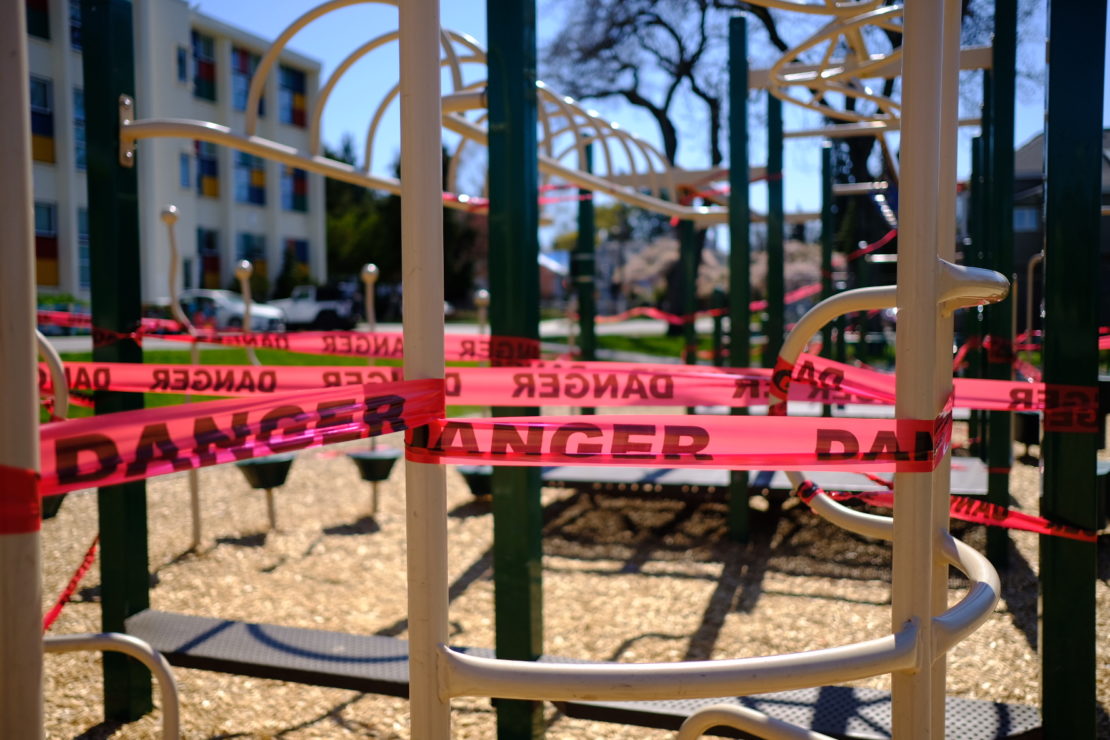If you’re able to stay home and stay safe at home, you’re one of the lucky ones

Right now, physical distancing is our main line of defense against spreading COVID-19. Our “firewall,” according to the Provincial Health Officer Bonnie Henry. However, for those living on the street and without proper shelter, they don’t have this firewall.
The ability to stay home is, unfortunately, a privilege.
Homelessness is just one example of how this privilege manifests itself in people’s lives. Those in prison have to interact with other inmates and guards. At Mission Institution in the Fraser Valley, 47 inmates and officers have COVID-19. For others, home is not a safe place. In March, 22 people felt so unsafe at home that they called Victoria Police Department to report domestic violence, and it’s estimated that the total number of cases of domestic violence right now is much higher.
There are also thousands of essential workers — from truck drivers, to doctors, to deli clerks, to politicians — that are forced to leave their homes and put themselves at danger so that the rest of us can stay home. But while we cheer everyday at 7 p.m. for these workers, we may seldom think of the ways others without the ability to stay home continue to be at a greater risk of contracting COVID-19.
Unfortunately, a depressing reality of this situation is the fact that many of the marginalized victims of this pandemic will go untreated, and it may only be this non-negotiable loss that exposes gaping holes in our social services and healthcare systems. Once we have flattened the curve and returned to some new normal, data will reveal how COVID-19 was never an equalizer. It fed off of our existing disparities, and it will affect poor and racialized communities more than rich suburbs.
These issues are part of the reason why those that can afford physical distancing must do so. By lowering the risk of transmission, we reduce the margin of danger for those who cannot.
We cannot halt essential services, but at the same time, we cannot employ all those who desperately needs cash and doesn’t have savings to rely on. Unfortunately, the halt in certain businesses and services has meant that many, particularly students, are left without jobs.
Government support has been meager, as many students do not qualify for CERB. Although funding 70 000 summer jobs is a start, it is not nearly enough for even a fraction of the 15- to 30-year-old population in Canada. Because of this, many will struggle even more now and in the months to come to pay for housing, internet, or other essential services and items.
But it’s never too late to start patching up the gaps between those with privilege and those without. In fact, it’s the ideal time to do so.
We are facing a pandemic, a recession, a climate emergency, a housing crisis, and a drug crisis. All of these issues will affect those that are already marginalized more. Closing the gaps, and crafting policy that levels instead of separates is essential — such as a Universal Basic Income or rent support that goes to renters, not landlords.
COVID-19 has proven that we have the ability to drastically shift our community, if there is a will to do so. However, it’s also shown whose health we prioritize.
If you’re reading this at home, ask yourself: is there a way to provide aid to those who need it so that they can keep themselves and others safe?
If you are young, healthy, and able, this is the time when your help is needed the most. Nonprofits throughout the city are scrambling to deliver their support, and would likely welcome an e-mail extending a helping hand. Many communities have existing support groups set up, and the Caremongering Vancouver Island group on Facebook has connected over 600 people to assist one another, and allowed people who need help the most to ask for it.
Most of all, if we learn to listen to those who are impacted the most by these issues in our communities and work to proactively incorporate their answers into the construction of the systems that better serve them, maybe we won’t be scrambling to find ways to help them when their suffering becomes inconvenient for us.
Until then, these patchwork solutions depend on those who can stay home using that time to ask how they can best serve their community and work towards solutions that will ultimately benefit us all.







